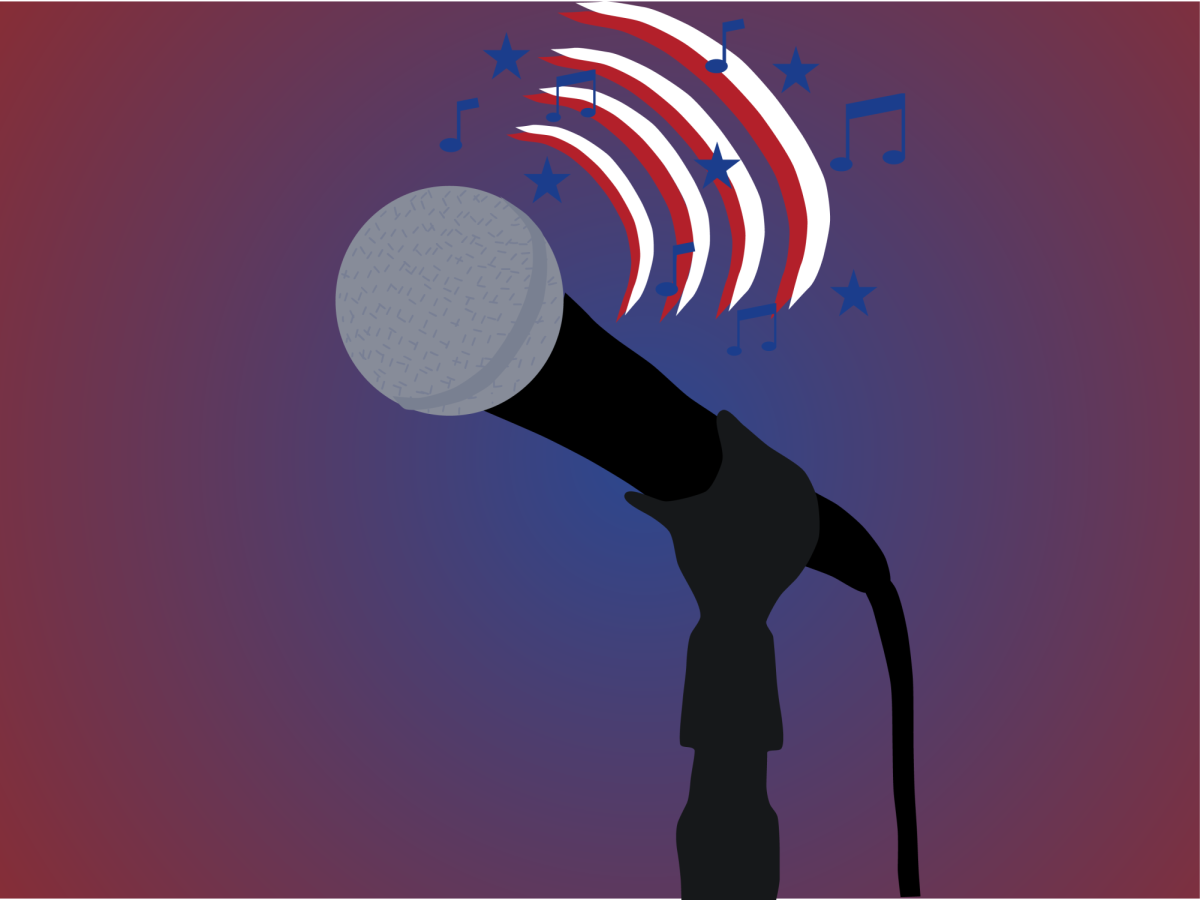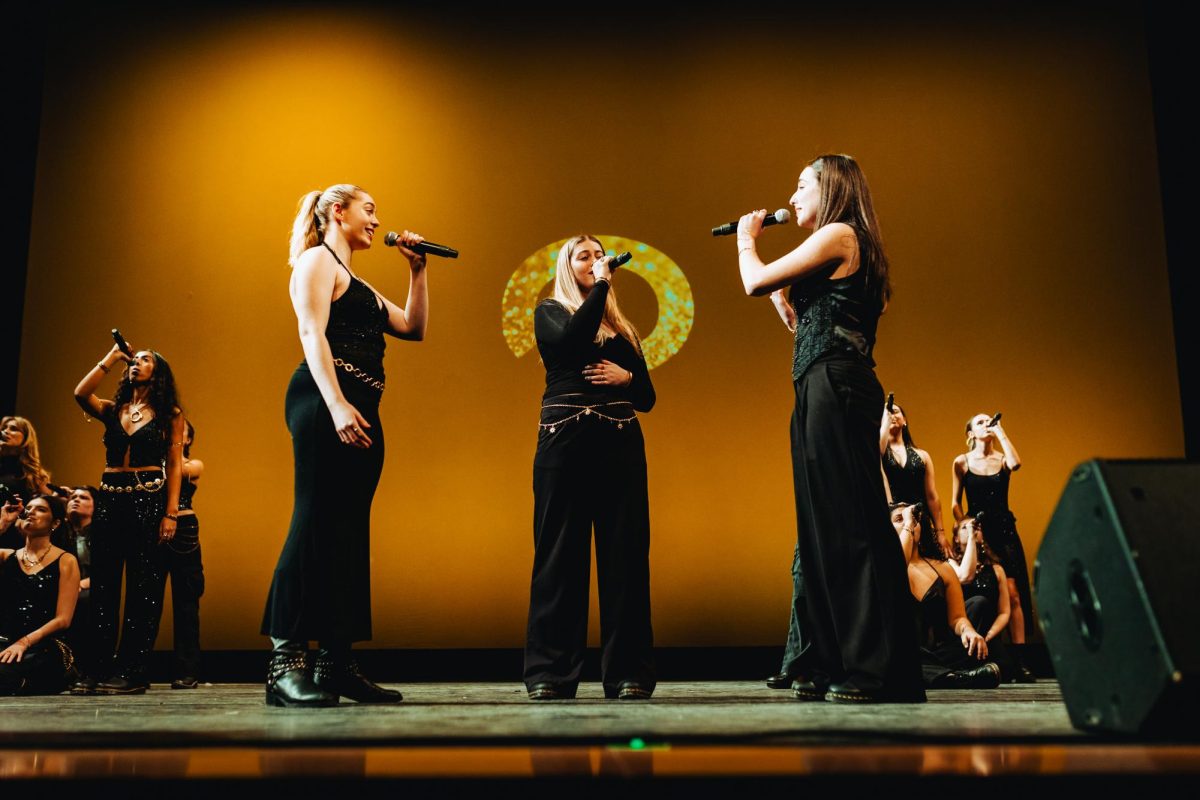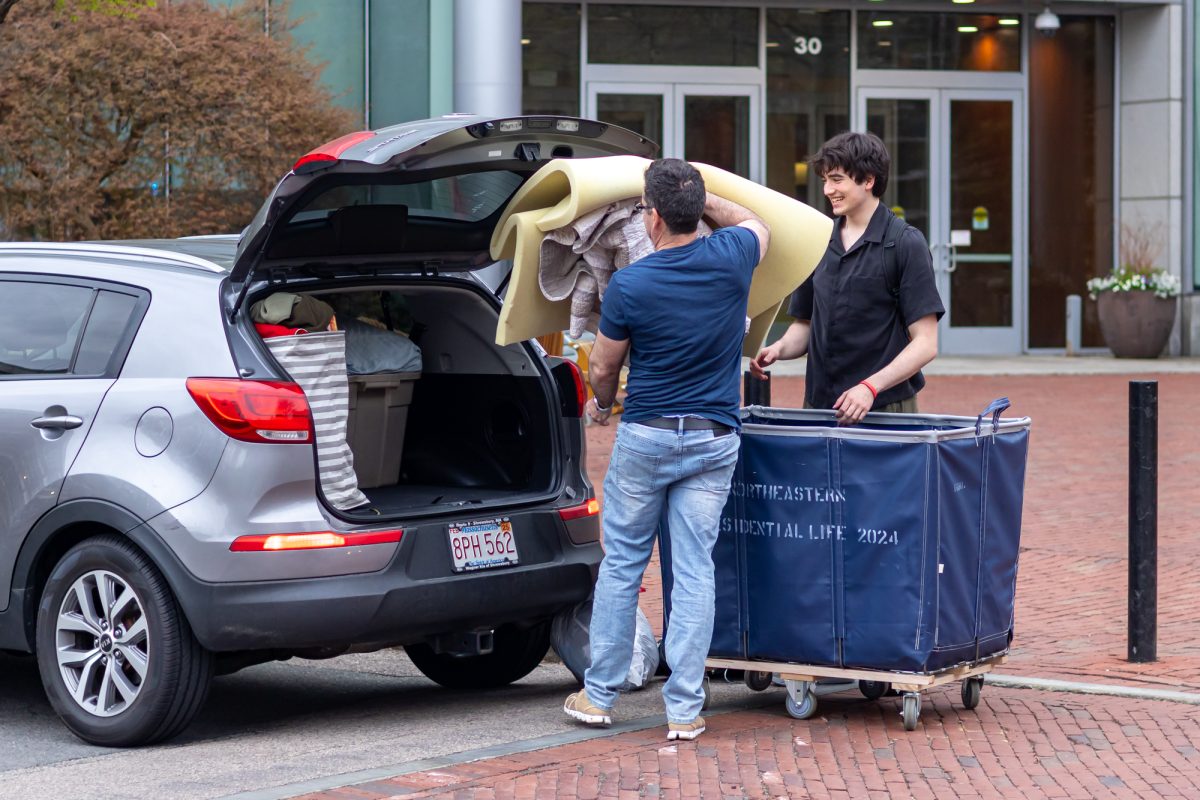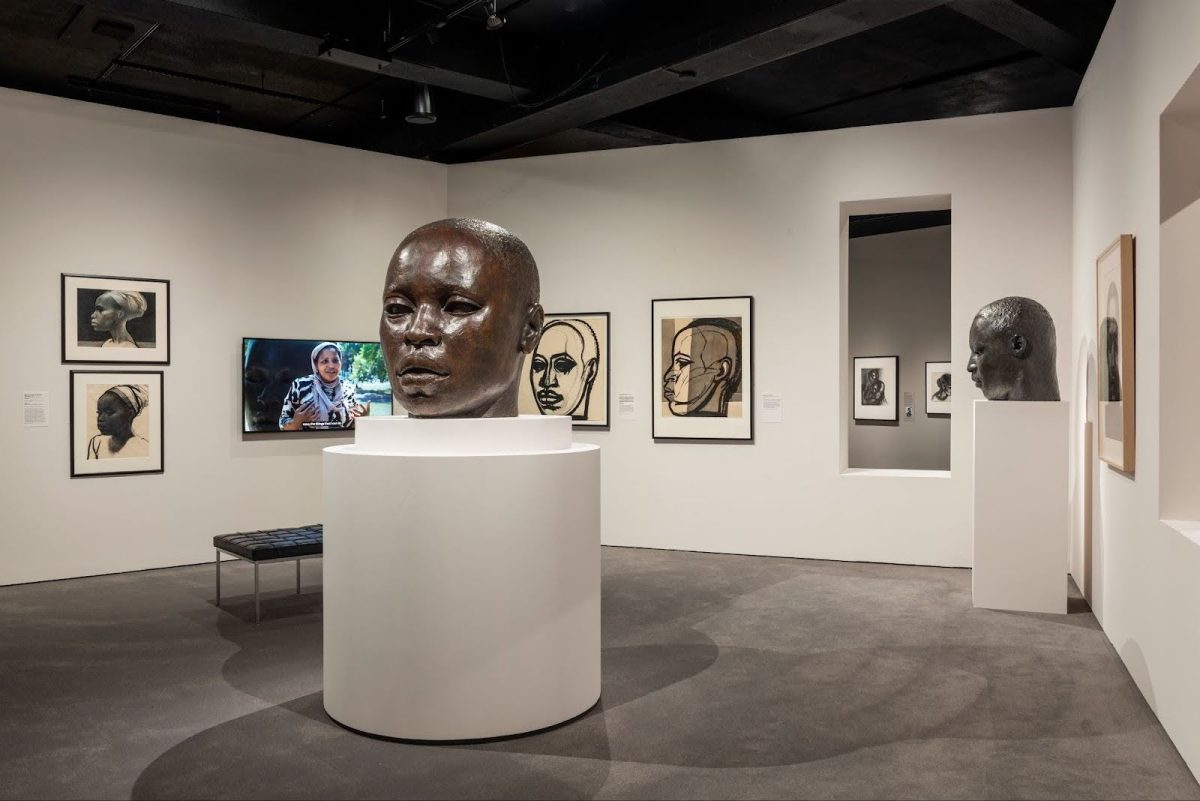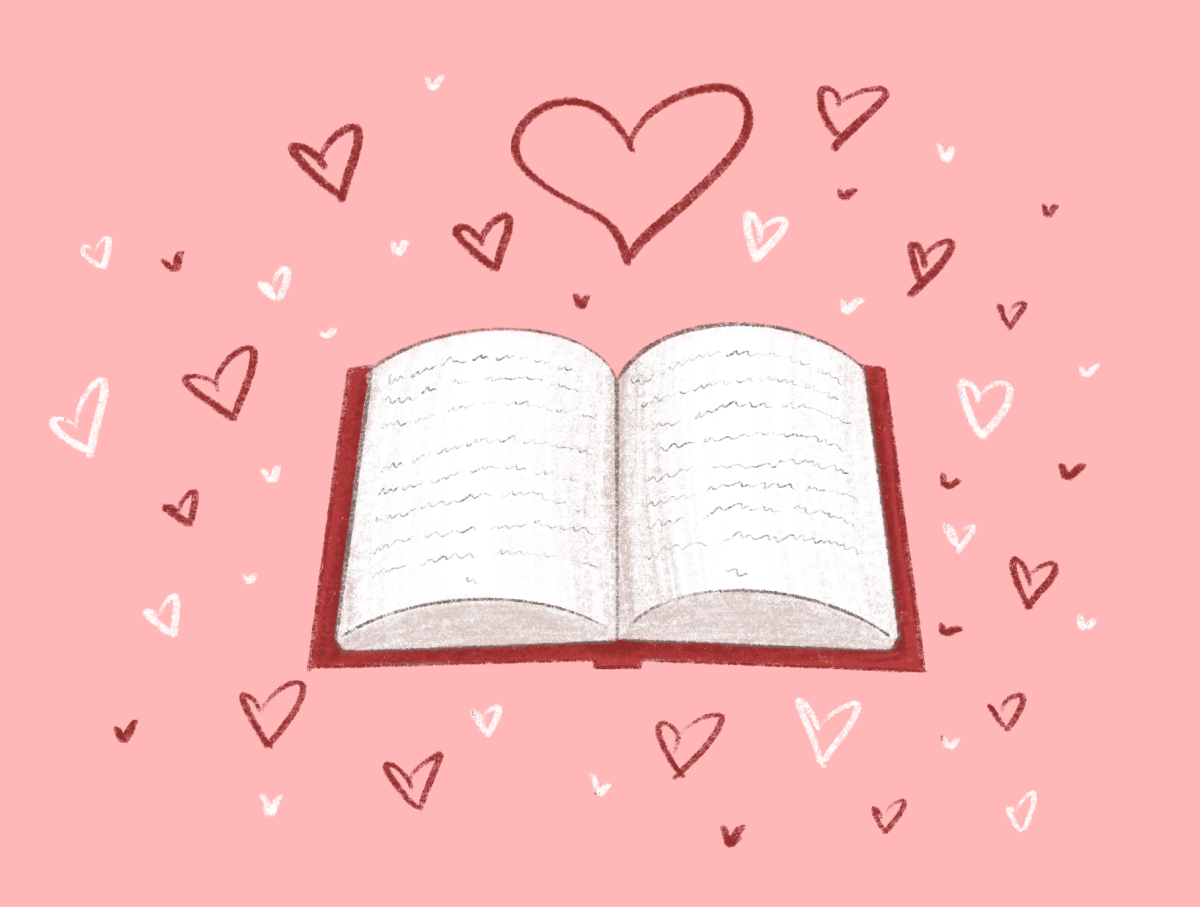As an instrument itself, the human brain is fine-tuned for music. Listening to a song activates almost every part of a listener’s brain — predominantly affecting regions such as the hippocampus and amygdala — which are both involved in emotion and memory processing. It should come as no surprise then that music provokes an emotional tie between the artist and listener. Music has been widely studied by neurocognitive specialists by testing and examining parts of the brain that get worked up when listening to a song. In forming such a deep connection, music can be used to persuade, convince and influence.
As an art form in line with an artist’s values and beliefs, music has long been used as a method of political expression. Artistry seeps through in song, bolstered by the emotion conveyed by the artist in standing up for matters they believe in. In expressing their political values in their music, musicians have every right to push political messages through their art.
Significantly, Black artists have long used their music to promote and draw attention to injustices they experience in society. This ranges from pop elites such as Michael Jackson and Prince to hard hitters in the rap industry like Kendrick Lamar and Childish Gambino.
Jackson’s 1996 song “They Don’t Care About Us” is a culmination of an entire generation’s anger and outcries against mistreatment and prejudices faced by minority groups in the United States. It is an anthem of protest that Jackson poured his heart and soul into, which struck a chord and resonated deeply with its intended audience. As an activist, the pop superstar was no stranger to calling attention to moments of oppression during his time, as seen in other works such as “Black or White” and “Earth Song.”
Similarly, Lamar’s third studio album, “To Pimp a Butterfly,” is musical artistry at its finest — a clear-cut example of using prose to reach people in troubling times. In songs such as “Alright” and “The Blacker The Berry,” Lamar uses his platform to ring out truths in a time of police brutality against Black Americans, unifying the struggles they face in an effort to show support from his position as a musician.
In times of brewing political unrest and constant civil discourses erupting across the country, this election year especially has seen an unprecedented sense of urgency. In the leadup to Election Day, more and more musicians, celebrities and other public figures casted their votes publicly and urged their audiences to do the same.
Industry giants such as Beyoncé, Taylor Swift, Billie Eilish and more have taken to using their massive platforms to endorse presidential candidate and current Vice President Kamala Harris’ campaign.
Appearing as a guest speaker at a Washington D.C. rally Oct. 26, Beyoncé spoke directly to voters, saying that she was there not as a musician or politician but as a mother. She urged viewers to vote for their daughters’ futures, for a country that needs to put aside partisan loyalty and vote for the betterment of the nation and its citizens. The singer also provided Harris with approval to use her chart-topping song “Freedom” to further push the message that Harris’ campaign is trying to sell: a Donald Trump presidency will be the end of democracy.
As creators, musicians have also denied rights and access to their songs to be used in political contexts. In September, rock duo The White Stripes sued Trump for using their song “Seven Nation Army” as an accompaniment to his campaign rallies. In an Instagram post, singer and lead guitarist Jack White called for a lawsuit against Trump, calling him a “fascist” on social media.
In August, pop legend Celine Dion also denounced the Trump campaign for using her song “My Heart Will Go On” to appeal to supporters in a rally. Dion and White are only a few in a long list of musicians — Queen, Fleetwood Mac, Neil Young, Foo Fighters, Guns N’ Roses, Rihanna and The Rolling Stones among them — who have publicly gone on record to ban the Trump campaign from using their music to further his agenda.
Harris, seemingly backed by almost all of the big names in today’s music scene, has also invited some of these musicians to perform at her rallies, treating her rallygoers to performances from Bruce Springsteen, Megan Thee Stallion, John Legend, Stevie Wonder and more.
Springsteen, who appeared in Harris’ Oct. 28 Philadelphia rally with former President Barack Obama, has also used his music to discuss political injustices and has been an avid activist through his music, podcast with Obama and public speeches.
Famously, Springsteen’s song “Born in the USA” has been used by politicians in their campaigns, in many instances mistakenly attributing patriotic and prideful emotions to the country as the intended goal of the song. However, “Born in the USA” is everything but. Written out of protest, the lyrics of Springsteen’s song question the American Dream and highlight the hardships faced by veterans and innocents caught up in the Vietnam War as a result of the government’s ineptitude.
In 2020, when Trump was diagnosed with COVID-19 and spent his recovery at a hospital, his supporters played “Born in the USA” outside the hospital in an attempted act of patriotism. However, Springsteen was quick to denounce this act and publicly called Trump a “threat to democracy,” disavowing the politician and his supporters from any rights to his music.
As owners of their craft, musicians have the choice to either advocate for political matters they believe in or sit out on endorsements and sharing their views entirely. Public endorsements on topics as polarizing as politics run a risk of inherent harm to the artist themselves, and to their craft.
Although listeners are not to be faulted for wanting their favorite artists to make a political statement, these political statements are at times performative and made to appease hordes of angry fans flocking to social media platforms. In such an intense political climate, fans may demand an endorsement for a political party — a statement for the masses and a clear cut order that says, “Here’s who I’m voting for, and here’s why you should too.”
Choosing to do this, however, is ultimately up to the artist.



